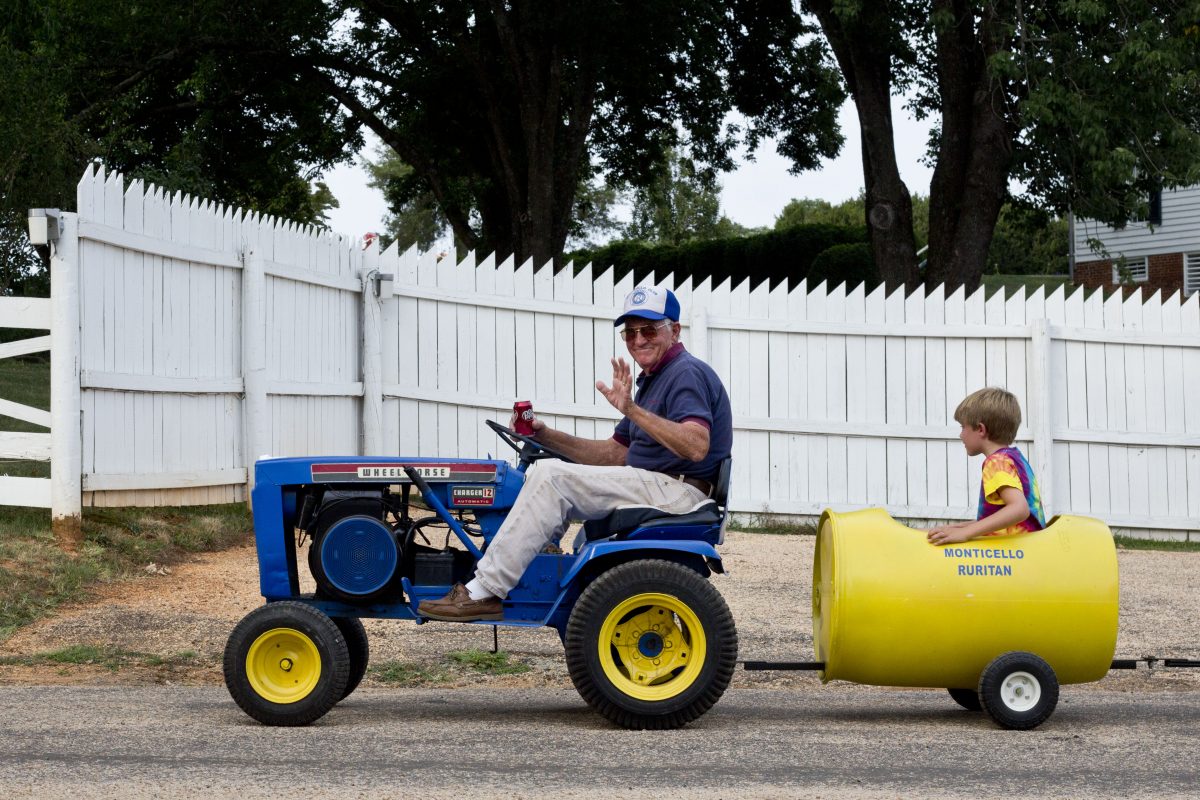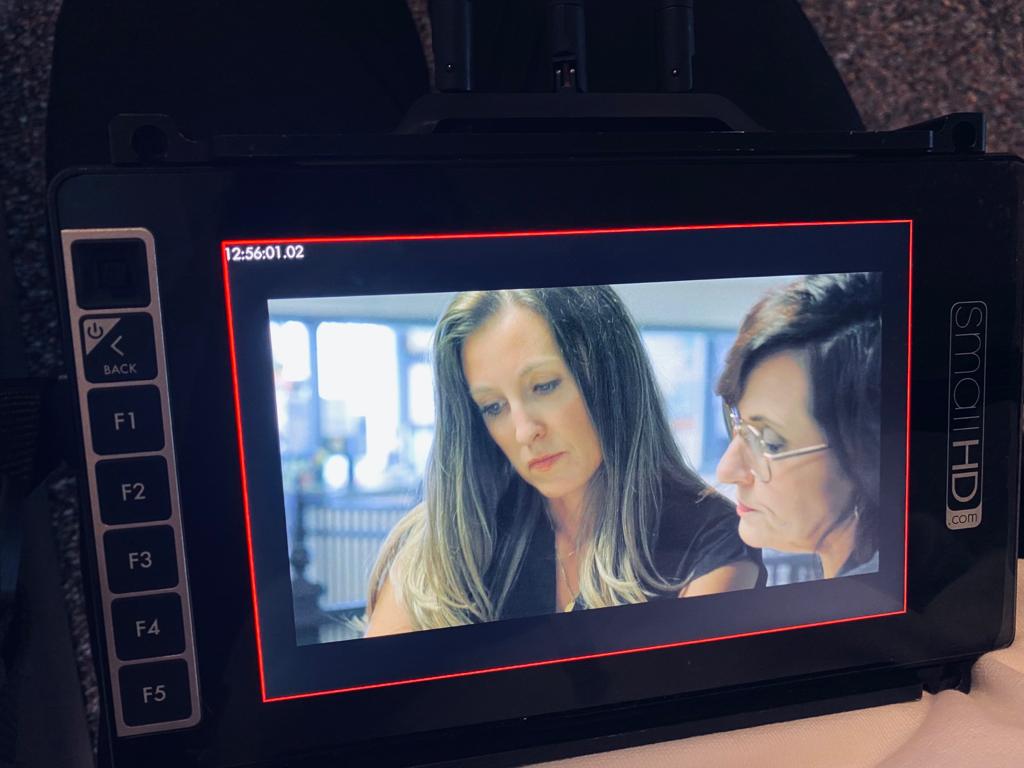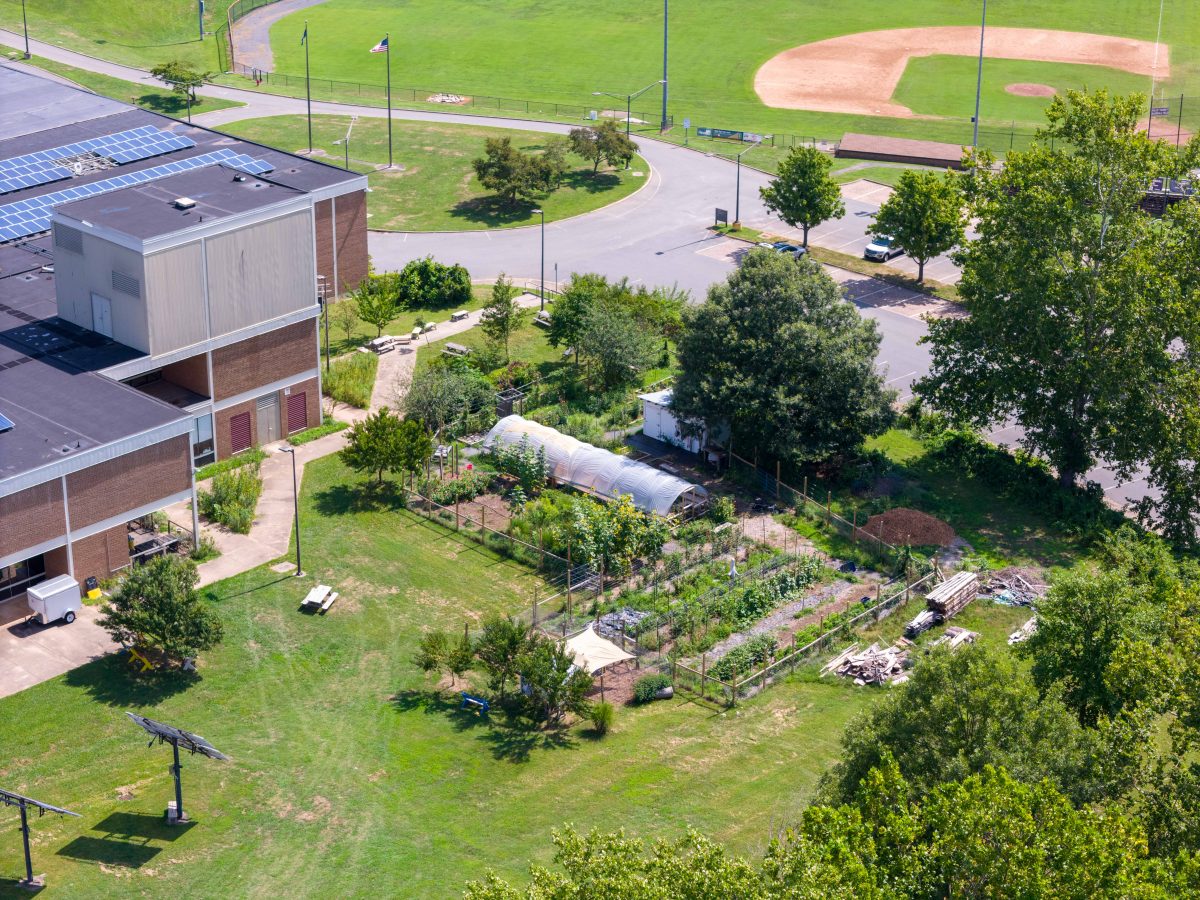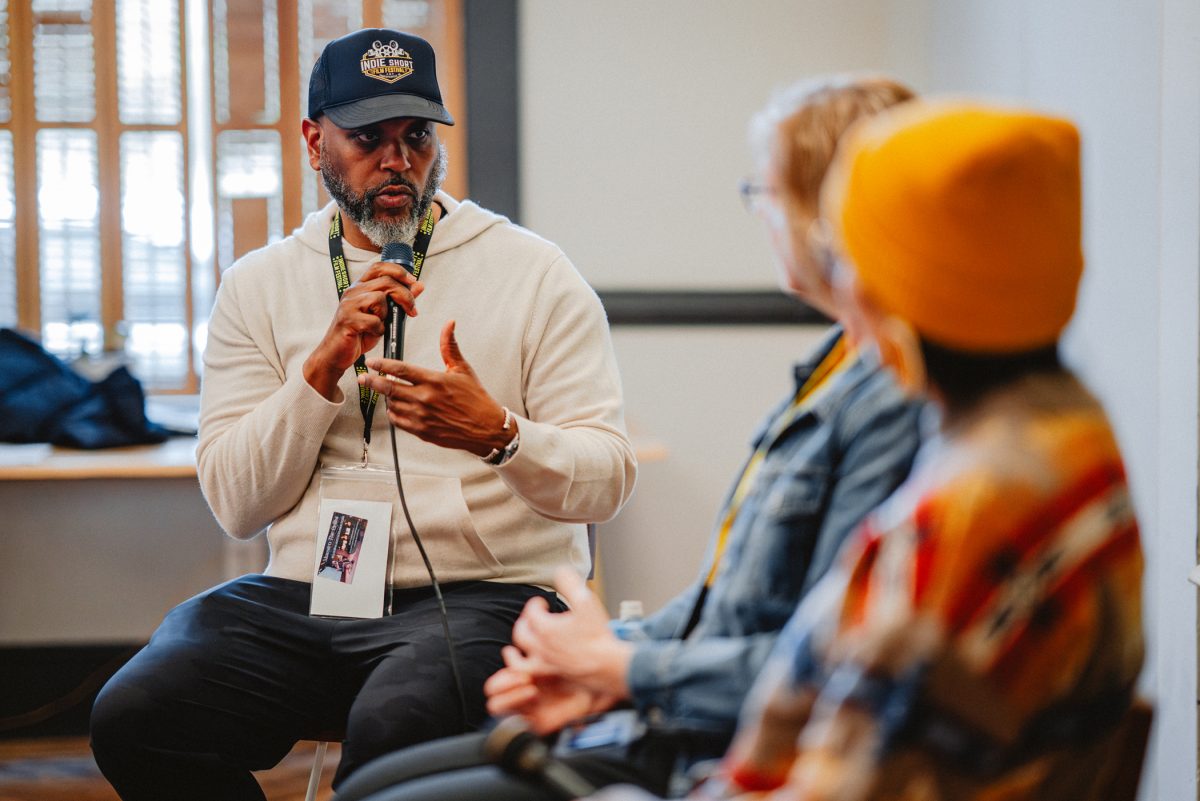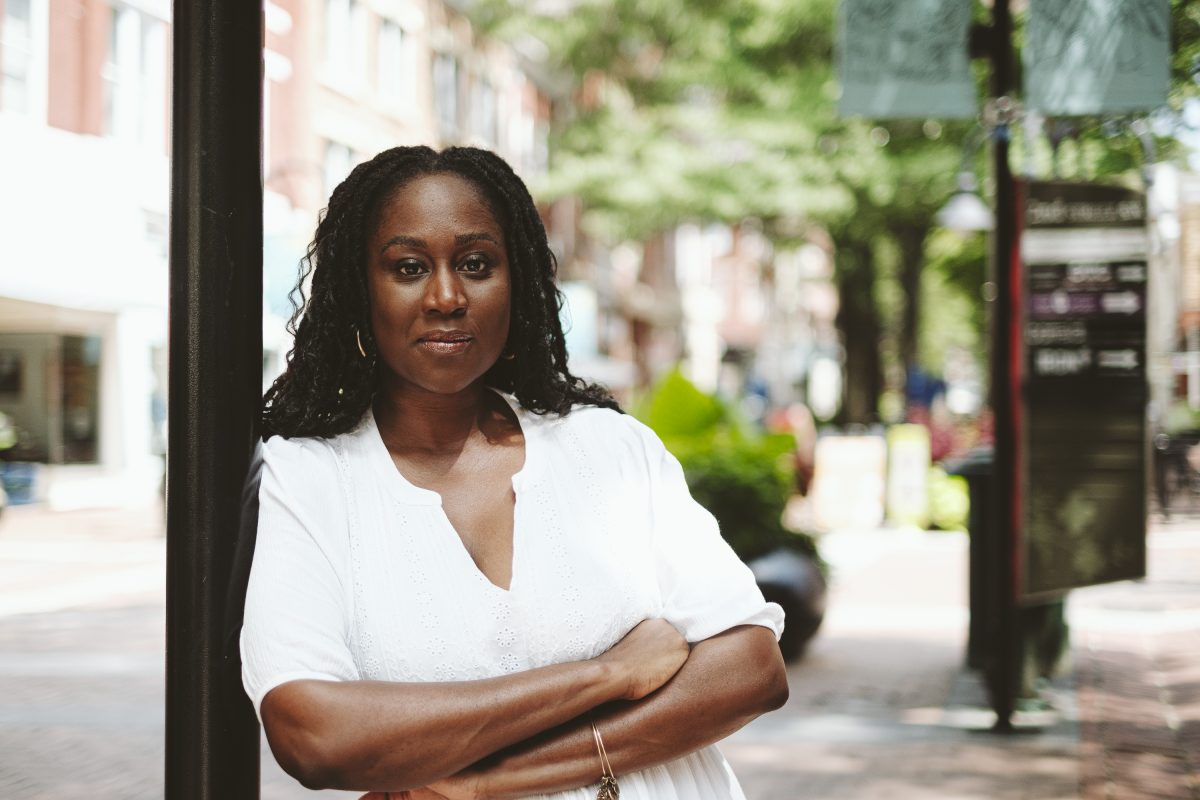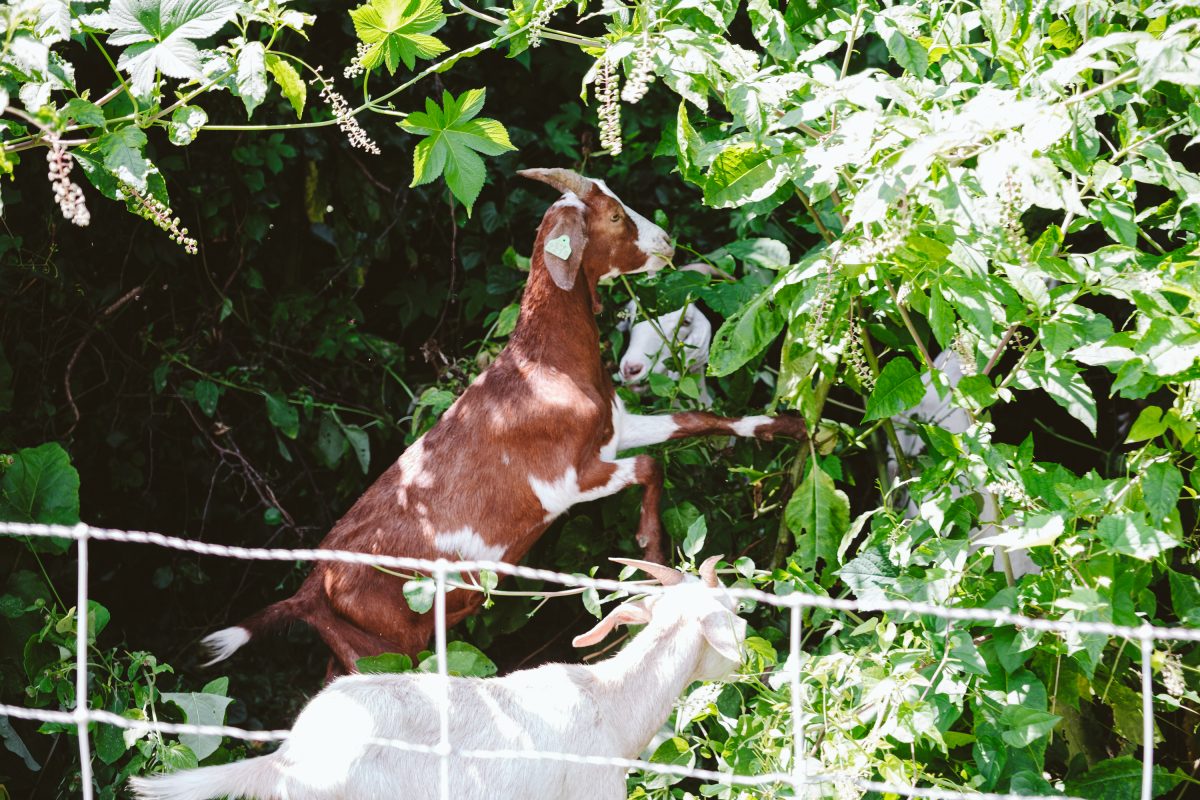After more than a decade of helping high schoolers learn the ins and outs of planting and plowing, Charlottesville High School Urban Farming has gone commercial.
The successful program, launched in 2013, isn’t changing its focus on the intersection of agriculture and entrepreneurship. But it is upping the ante by selling its wares. While the program has served hundreds of students over the years by letting them dig their hands in the soil and raise animals, the produce and flowers grown along the way were always donated or used at the school. This past April, for the first time ever, CHS Urban Farming hosted a plant sale.
“We came from very humble beginnings,” says Peter Davis, who’s directed the program for the last seven years. “We were just an after-school club. We fixed up a small garden behind the school that had been neglected for a couple years.”
The course next transitioned into an elective for students with special needs before becoming what it is today: a full-credit class offered as part of CHS’s career technical education track. Offered in two parts, students can go through the program over consecutive years and earn two credits.
Currently, CHS Urban Farming has six sections and 72 enrolled students. According to Davis, there’s a waiting list to get in just about every year.
Davis says the course focuses primarily on marketing, as most students who go through it don’t end up as farmers. “Farming is a business,” he says. “That entrepreneur mindset is important, and a lot of people go that route.” Along the way, students also learn to grow crops and do some carpentry.
CHS Urban Farming has had a livestock component for most of its history, with students currently tending to 11 chickens. The cluckers “are pretty spoiled,” according to Davis. Students take turns bringing eggs home, and the chickens are part of the farm’s ecosystem, with waste crops and weeds going into their feed.
With seasonal produce growing all year round, Davis and students typically plant their summer crops before school lets out. The next semester, newly enrolled student farmers return to school to peppers and tomatoes, and later greens and carrots, ready for harvest. Flowers and herbs are a consistent part of the cycle, as well.
Seedlings are available for purchase on the CHS Urban Farming website to supplement the program’s burgeoning commercial component. “The bread and butter as far as the marketing and business side is the plant sale,” Davis says. “Our first public sale was a smashing success.”
After years of marketing the sale only as an exercise, CHS students made $3,500 in their first go at actually selling plants. “I think that was definitely a proof of concept for us,” Davis says. “It made the case for a bigger and better sale next year.”
On the heels of the success, Davis believes the CHS Urban Farming program has a chance to be self-sustaining in the years to come. He thinks he and his student teams can earn at least $10,000 with a bigger marketing push.
Money, though, has never been what teaching kids to farm is all about, according to Davis.
“The thing I love the most is getting notes from parents or former students,” he says. “One parent emailed me pictures of a garden their kids had installed on their own. I think kids walk away with a great understanding of a lot of things, be it business or agriculture or construction.”



